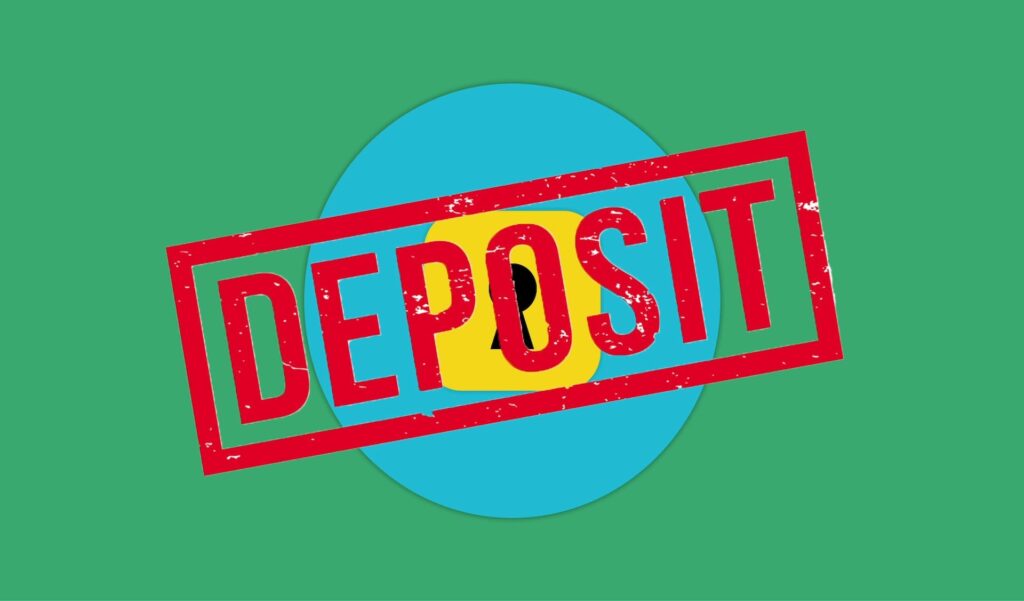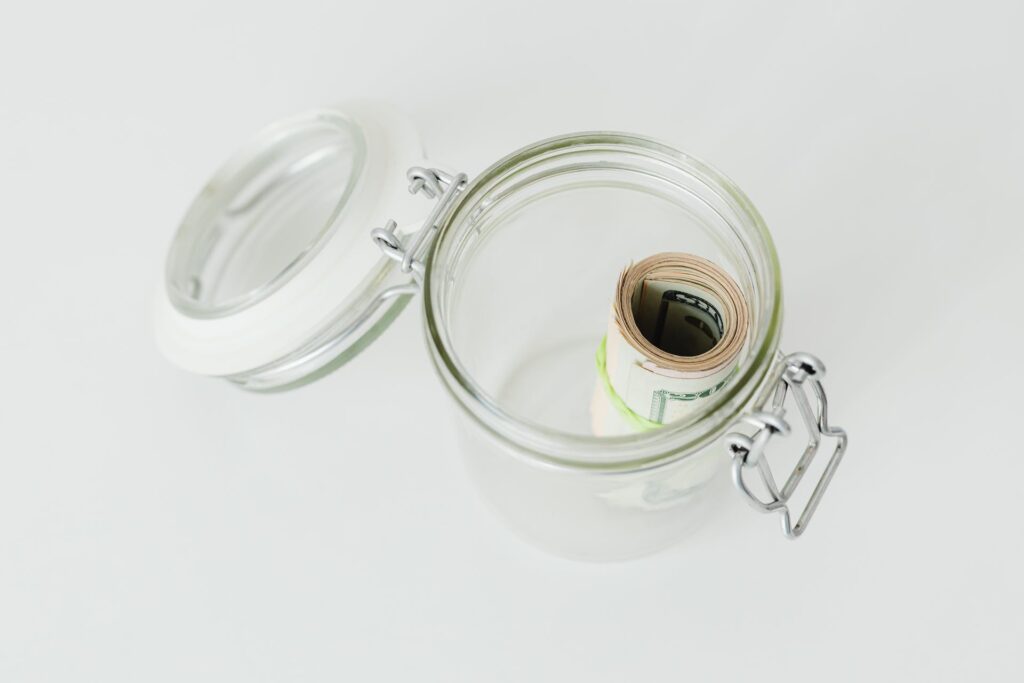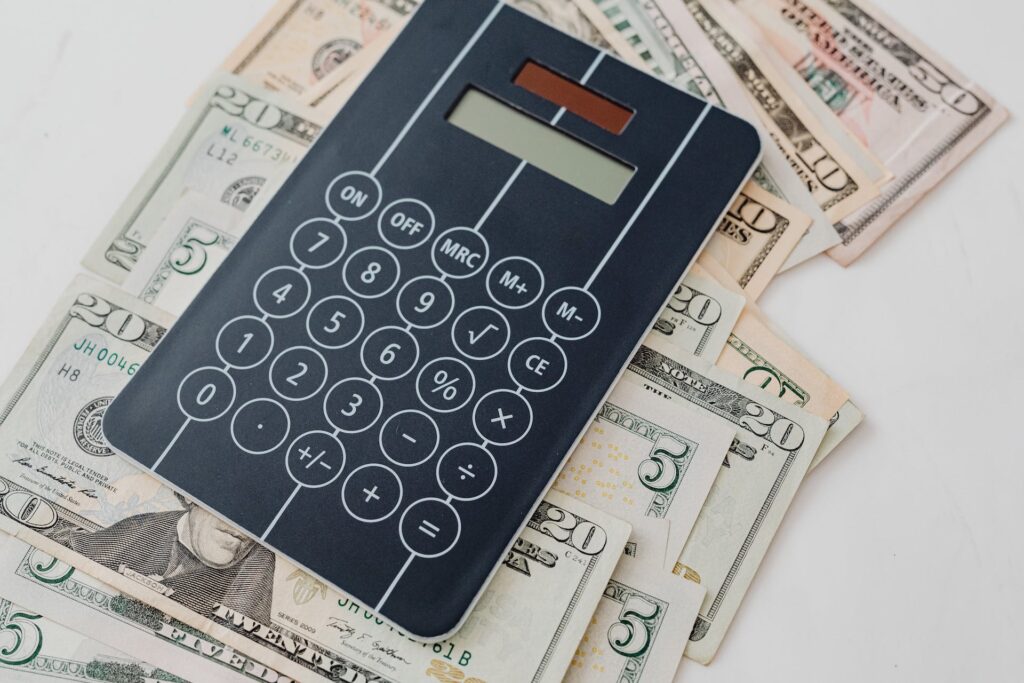In our last blog, we chatted about investment plans for beginners. Today, let’s explore how to invest money in short-term plans. Imagine you have some money and want to invest it, but not for a long time. Well, the good news is there are lots of cool options for short-term investing!

You see, the money world can be a bit wobbly sometimes. Markets go up and down, and the economy can get a bit shaky. Especially with the whole COVID-19 situation causing a lot of uncertainty. People are a bit nervous about things like inflation, a banking crisis, and even the possibility of a recession. So, some smart folks are choosing to keep some cash handy.
Short-term investments are like a safety net. They might not make you super rich, but they’re less risky. Sure, you might not get as much money back as you would with long-term investments, but you won’t be playing with fire either. It’s like having money in your pocket when you really need it, instead of taking big chances that could go wrong.
So, when it comes to short-term investments, the number one rule is to keep things safe. It’s like putting on a financial seatbelt – better to be safe than sorry!
Let’s dive into the intricacies of short-term investment plans.

What is a Short-Term Investment?
Alright, let’s break it down! Short-term investments are like financial superheroes designed to bring you good money vibes in a short time—think a year or just a few months. These plans are your go-to for covering upcoming expenses or building up your emergency fund. Even wise pensioners use short-term investments to stash away money for their regular payouts.
Here’s the deal: with short-term investments, you get decent returns without having to wait around forever like you would with long-term investments. It’s like a fast-track to meeting your money goals without taking big risks. If you have plans or goals set for the near future, short-term investments can be your reliable companion in making them a reality.
Now, when you’re in the short-term money game, you’ve got two main goals: keeping your money safe and getting some good returns on it. These investments usually hang out for less than a year—short and sweet.
So, think of short-term investments as your money buddies, helping you build up your cash without the long wait. It’s all about playing it smart and making clear decisions to hit those financial goals of yours!

How Short-Term Investments Work?
Okay, let’s simplify this! Short-term investment plans are like giving your money a comfy place to hang out for a bit. Imagine putting your money in things like treasury bills or bonds that are about to mature (finish up). These are short-term investments, and they’re like the cool kids in the money world.
So, why do people do this? Well, the idea is to earn some extra money (interest) on the cash you’re not using right now. It’s like putting your money to work while still keeping it close by, ready for action when you need it. Short-term investments are like the superheroes of finance—they aim to keep your money safe and bring in some extra moolah.
Now, there are two simple rules for something to be a short-term investment. First, it has to be easy to turn into cash (we call that liquidity). Second, you’re looking at a time frame of about a year or less. So, things like bonds that are about to finish their job or easily tradable stocks count as short-term investments.
These plans are like having a date on the calendar—they come with a set end date, usually less than a year. It’s all about keeping it short and sweet while making sure your money is working its magic for you!
Here are a few choices for short-term investments:
Saving Account
let’s break it down in simple terms:
Think of a savings account like a handy wallet for your money. It’s super easy to reach in and grab cash whenever you need it. The main idea here is to have quick access to your money in case you want to buy something or pay for stuff.
But here’s the catch – this wallet, or savings account, doesn’t grow your money very fast. It’s like planting a seed in a small pot instead of a big field. So, while it’s safe and easy to use, you won’t see your money sprouting into a huge tree of cash.
Now, imagine you put a lump sum (a bunch of money all at once) in this wallet. You might end up spending it bit by bit, and before you know it, the lump sum becomes a bunch of smaller amounts. It’s like breaking a big chocolate bar into smaller pieces – it doesn’t feel like a lot, but it adds up.
So, the savings account is like your quick-money wallet. It’s great for everyday expenses, but not the best for making your money grow quickly. It’s more like a safety net than a money-making machine.
Bank Fixed Deposit
Imagine you have a special piggy bank called a Fixed Deposit (FD). It’s like a magical piggy bank that you can put your extra money into. The cool part is, you can do this straight from your regular bank account.
Now, when you decide to put some money into this magical piggy bank, you agree to leave it there for a certain amount of time, like a mini-time adventure. This time adventure can be as short as 7 days or as long as 10 years, but it’s like choosing the length of your piggy bank vacation.
Here’s the trick – the longer you leave your money on this adventure, the more special treats it collects. These treats are like the interest you get, and they can be anywhere from 2.5% to 8% of the money you put in. So, if you put in $100, you might get an extra $2.50 to $8 when your time adventure ends.
But, and this is important, it’s usually a good idea to start with a short adventure, like 6 months to a year. It’s like testing the waters before diving into a super long swim. Once you’re comfy, you can think about longer adventures.
The best part? The treats (interest) you get are like a guarantee. They don’t change, even if the money world outside is doing somersaults. Your piggy bank treats stay the same, making it a safe and reliable way to grow your money.
I Personally invest money in FD and also recommend it.
Recurring deposit
A good savings game called Recurring Deposit (RD) can be played for at least 6 months, and you can play it in 3 month chunks for up to 10 years. It depends on you how long you want to play this money saving game.
In this game, there is a rule that you have to keep your money locked for at least a month. If you decide to withdraw your money before that, within the first month, you will only get back what you put in – no extra gift (interest) for you.
The exciting part is the bonus points, which we call interest. For games lasting 12 months or more, everyone gets the same interest rate of 6.5% per annum, with the possibility of changes over time. This interest starts counting from the day you invest money in the game for the first time. And here’s a tip: you can use an online tool called FD Calculator to check how many bonus points you will earn before you decide to play.
Large Cap Mutual Fund
Imagine you are in the thrill of making money and there is a game going on called Large-Cap Mutual Funds. It’s like choosing a superhero from the big business world to join your team for a quick and smart money mission lasting 1 to 3 years.
In this game, you can stay for 3 to 5 years, but the good thing is that you can see some exciting results even in a short period of time. It’s like aiming for a high score on a rollercoaster ride that isn’t very long.
Now, these superheroes not only score high scores but they also have a superpower called fluidity. This means, if you ever need your money back, these heroes can easily accomplish it, and besides, they also bring returns ranging from 8% to 13%. It’s like winning extra coins in a video game without any risk.
These heroes are very safe players when it comes to risk. They don’t involve huge risks, but they can still net you some impressive rewards. Now, when it comes to taxes, there is one little rule. If you keep your superhero in the game for less than 3 years, you may have to share some of your bonus coins (capital gains) with the tax collector. But if you keep them in the game for more than 3 years, the tax man takes a smaller slice. It’s like a taxing adventure in the world of money games.
So, whether you are in it for a quick adventure or planning a slightly longer mission, these large-cap mutual fund superheroes will have your back in the money game.
Corporate Deposit (CD)
Corporate Deposit is like choosing a riskier rollercoaster ride than others, but the exciting thing is that it gives you a chance to win more bonus points (returns).
Now, like other money games, you can decide how long you want to play it for. The good thing is that you can choose different game times depending on your strategy.
Here’s the deal: Corporate deposits have this rule about leaving the game early. If you decide to exit before the game naturally ends, you may lose a small portion of the bonus points (interest) earned. It’s like leaving a movie before it’s over – you miss a bit.
Now let’s talk about the awards. The bonus points (returns) you get can be anywhere from 6% to 12%. It depends on how adventurous the company playing the game is. Risky games usually offer big rewards like exciting rollercoaster rides.
So, if you want a little thrill in the money game, corporate deposits might be the kind of adventure for you. They are risky, but the potential for high bonus points makes it a game worth considering. Just remember, every game has its own rules, and corporate deposits are no different.
Investing in Gold or Silver
Think of investing in gold and silver like planting trees in a constantly growing forest. These investments are versatile, suitable for both short and long-term financial goals. The promise of significant returns is real, given the steady rise in the prices of gold and silver every day. If you’re seeking secure and low-risk options for short-term gains and beyond, putting your money in gold or silver is a smart move.
It’s like having an evergreen investment – the value of gold and silver doesn’t just stay put; it keeps increasing. So, if you’re after a reliable and safe way to grow your wealth, these precious metals are your go-to. The enduring appeal of gold and silver is like their shine – it’s here to stay, no fading in sight. However, it’s essential to tread carefully, understand the market, and make informed decisions to make the most of these shining opportunities without stumbling into unexpected pitfalls.
Back in 2009, I tried my hand at investing in silver. Unfortunately, I made some innocent mistakes because I didn’t know all the ropes. This led to a mix of good and bad – I made some profits, but I also faced some big losses in my silver investment. It’s like I stumbled through a financial adventure, sometimes finding treasure and sometimes hitting roadblocks. The lesson here is that investing is a bit like a learning journey – mistakes can happen, but they’re also opportunities to grow and get better.
Money Market Accounts
Imagine a money market account as a cousin of your regular savings account. This is a little more attractive because it often gets you more interest, but there is a catch – it usually requires you to put up a little more money upfront.
Now, what is this fancy account good for? Well, it is like a financial superhero for those who may need their money soon and want to get access to it without any complicated rules.
But the thing is – there is always a little risk in the financial world. Picture this: You get a money market account that has the FDIC seal of approval. It is like a protective shield. If something goes wrong with the bank (fingers crossed it doesn’t), up to $250,000 of your money is protected. It’s like having a paid bodyguard.
The only tricky part? Over time, the interest earned may generally not keep pace with increases in prices. It’s like trying to race a fast car on a slow bicycle. So, while this is a great account for quick and easy access to your money, it may require a little extra thought to stay in the money race.
Tips for Investing Funds with a Short-Term Horizon (5 Years or Less):
When you’re putting your money into investments for five years or less, it’s not the same game plan as if you were in it for the long haul. Short-term investing needs a different playbook.
Here’s how you tackle it:
- Short-term investments are like nurturing a swift-blooming flower rather than a towering oak. Expect steady growth, not instant riches. Keep your hopes realistic – short-term gains are usually smaller compared to the long game. It’s about embracing a graceful, steady rise rather than expecting overnight miracles.
- Keep it safe when you’re in it for the short run. Instead of chasing big profits, aim for safety. Make sure your money is ready and waiting for you when you need it.
- Choose the right investment for your needs. Sure, a CD might offer a bit more, but what if you need the cash before it’s fully cooked? Match your investment to your needs like tuning a radio to your favorite station.
- Short-term investments aren’t all the same. Think of it this way: bank products are like superheroes with FDIC backing, ensuring your main money stays safe within certain limits. However, when it comes to market-based stuff, even seemingly safe ones like short-term bond funds, they can play the occasional dip-and-rise game. It’s like a rollercoaster; sometimes, things may go down for a bit. Get to know the risks of your investments to keep your financial journey smooth.

To wrap up, No need to overthink where to park your money for short-term gains. The options mentioned above are like your perfect pit stops – just pause, think, and invest.
Short-term investments are generally safer, especially compared to the longer adventures like stocks. However, don’t just dive in blindly. It’s like going on a road trip – know your route before hitting the gas. Understanding what you’re investing in ensures a smooth and worry-free journey.









